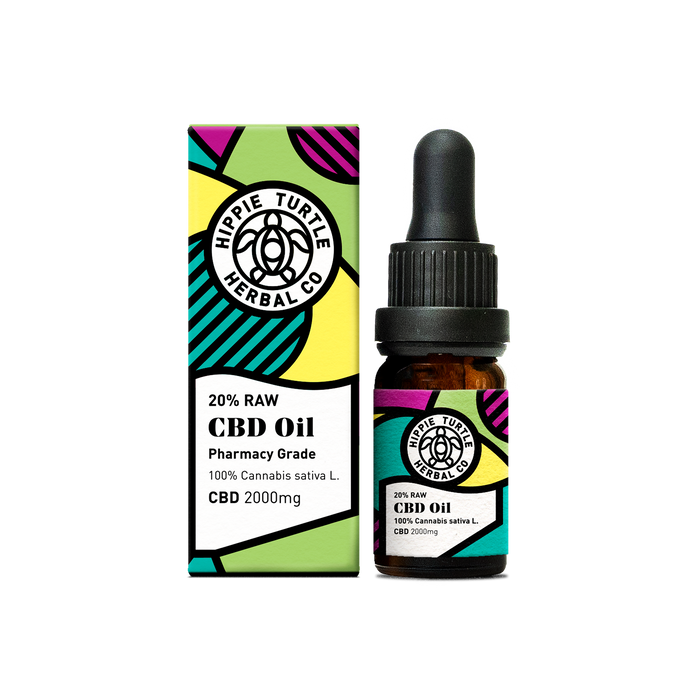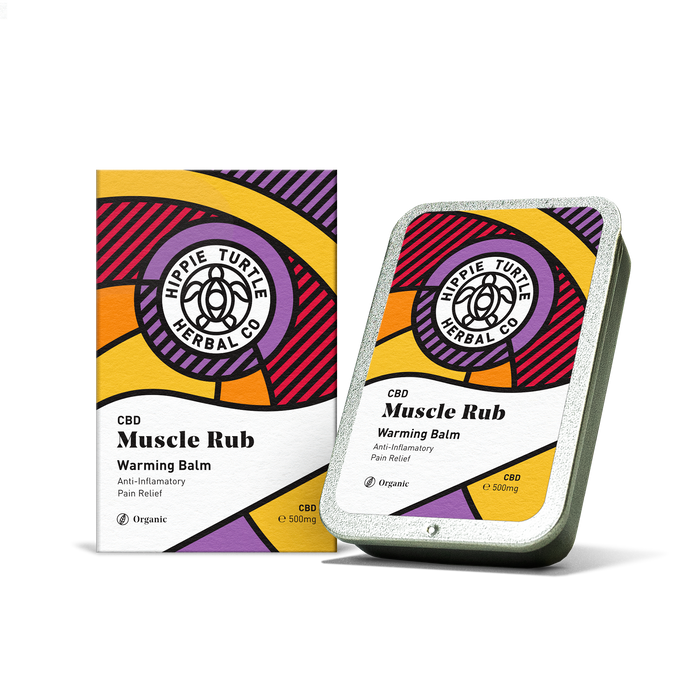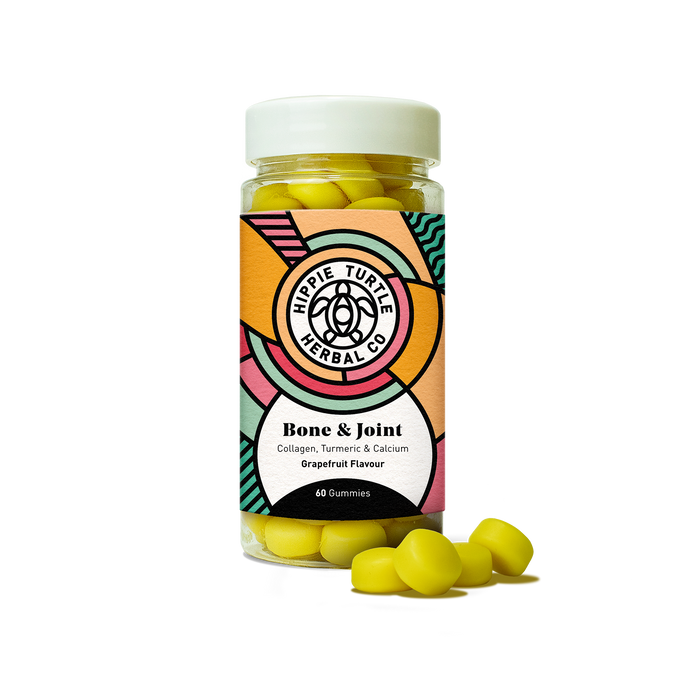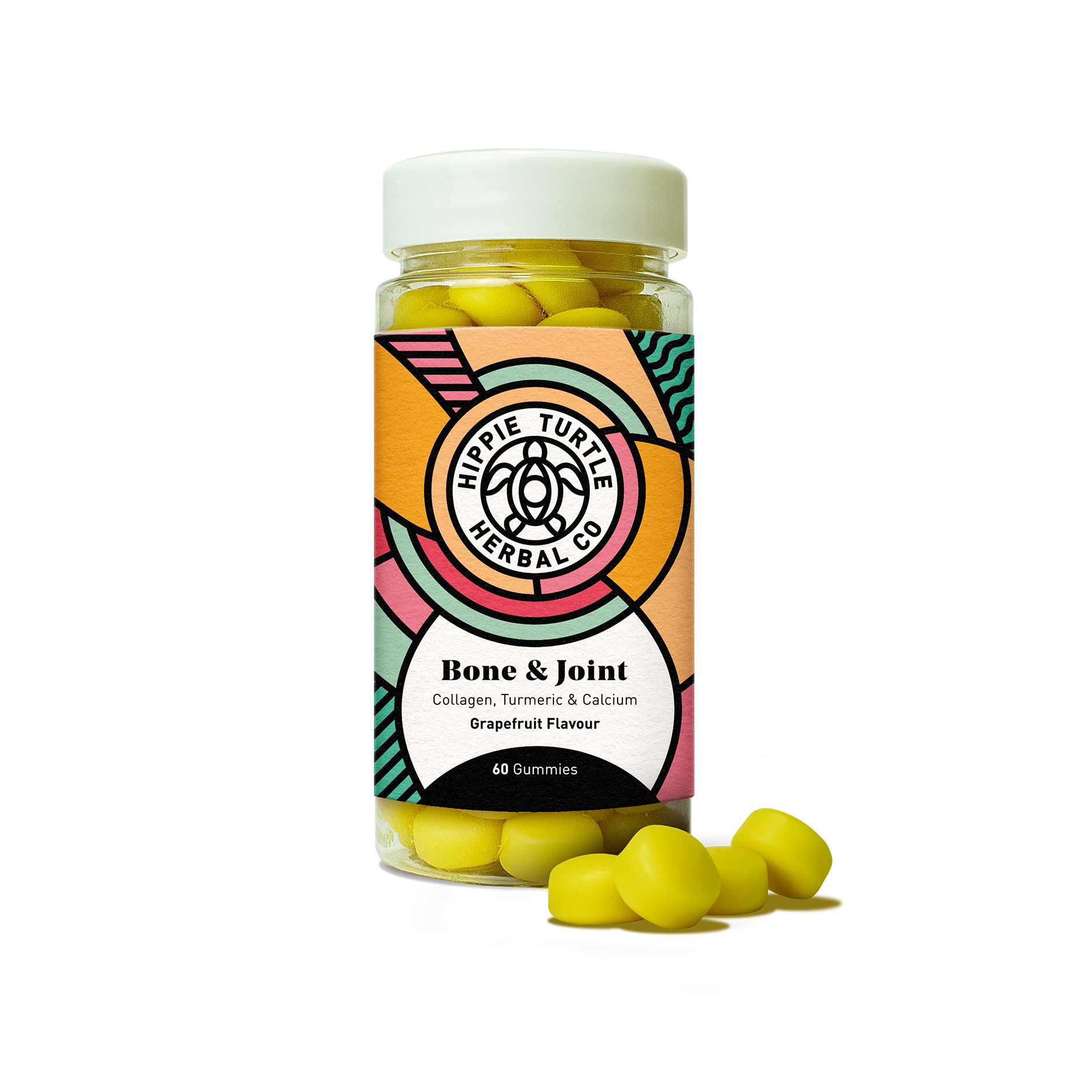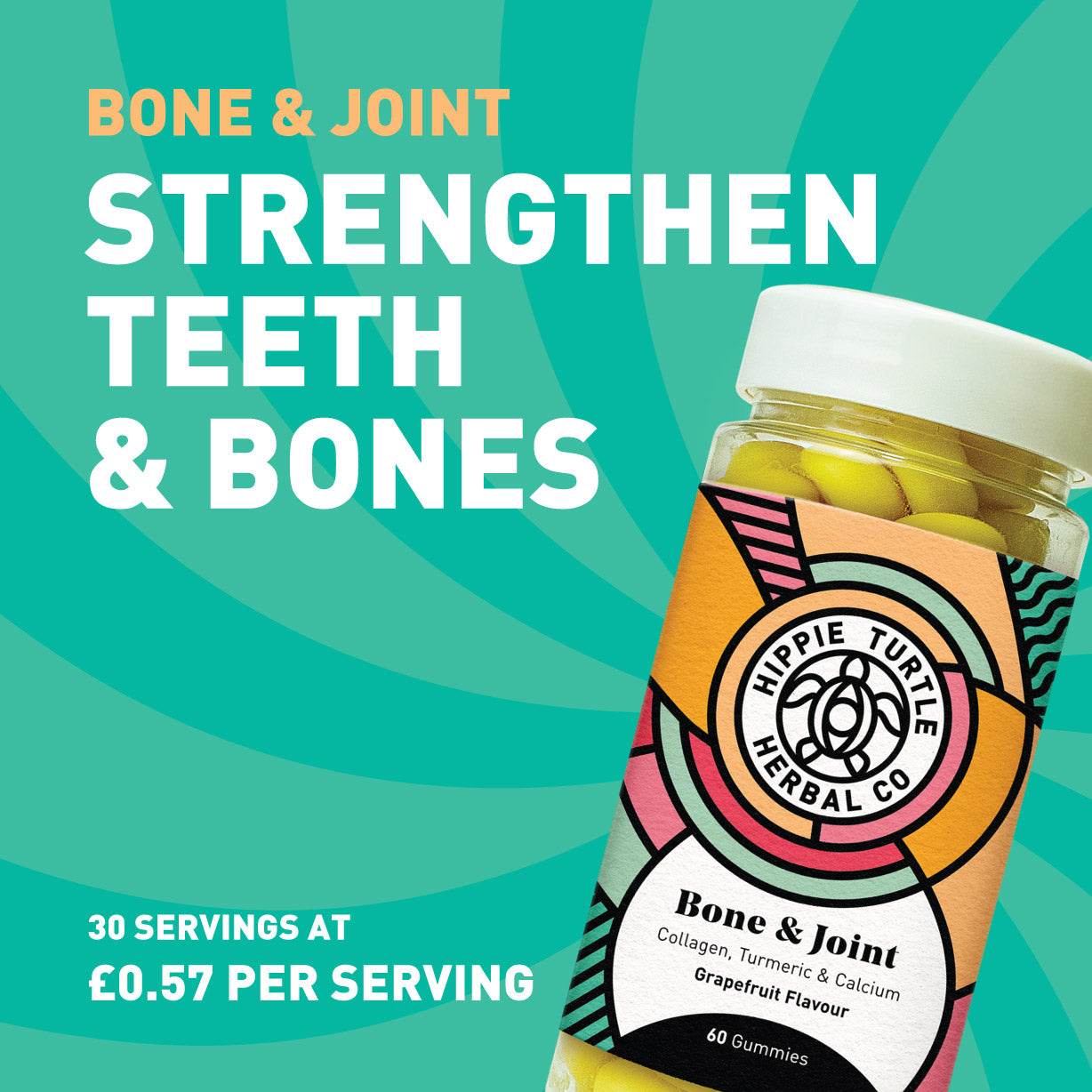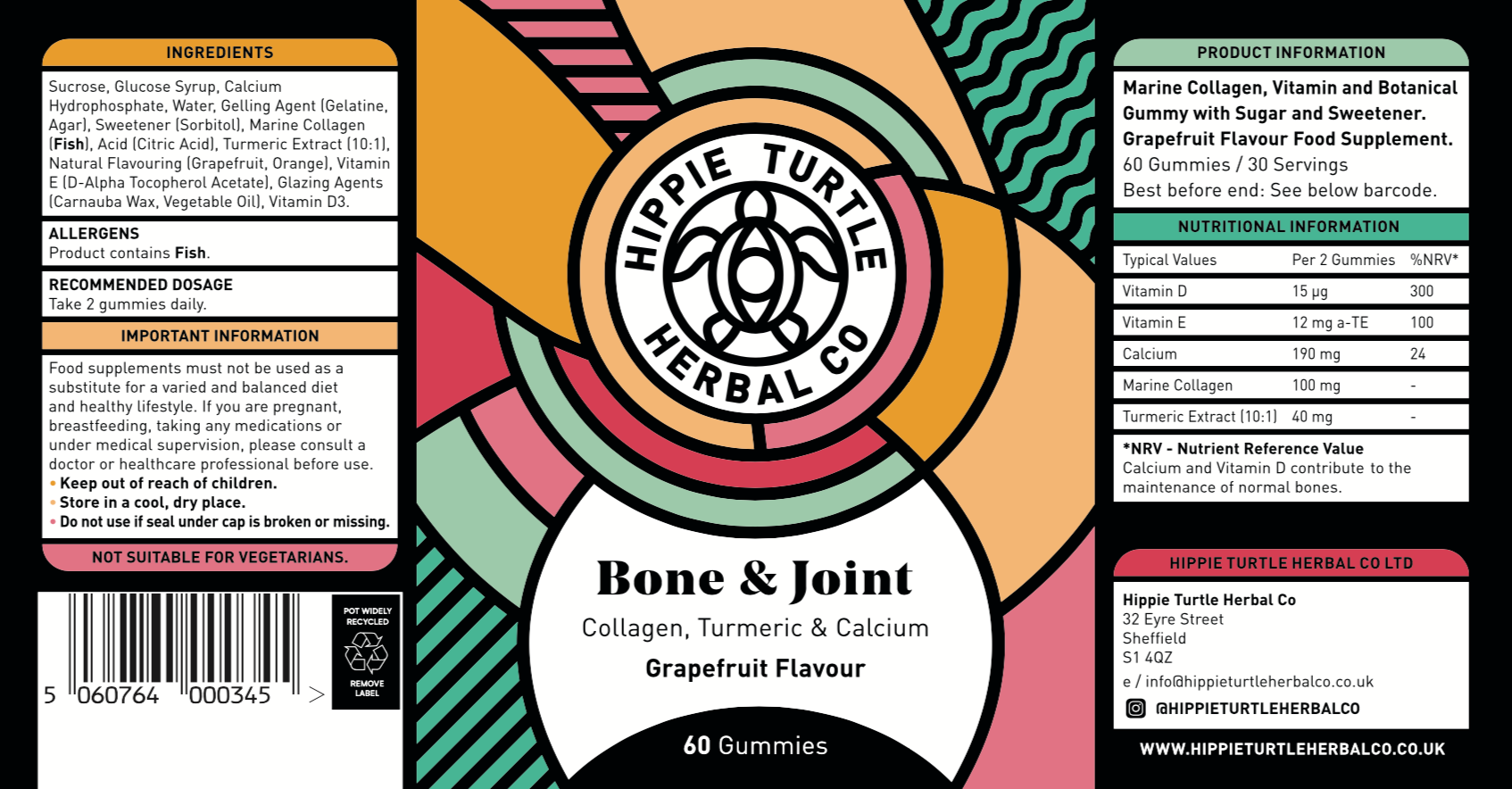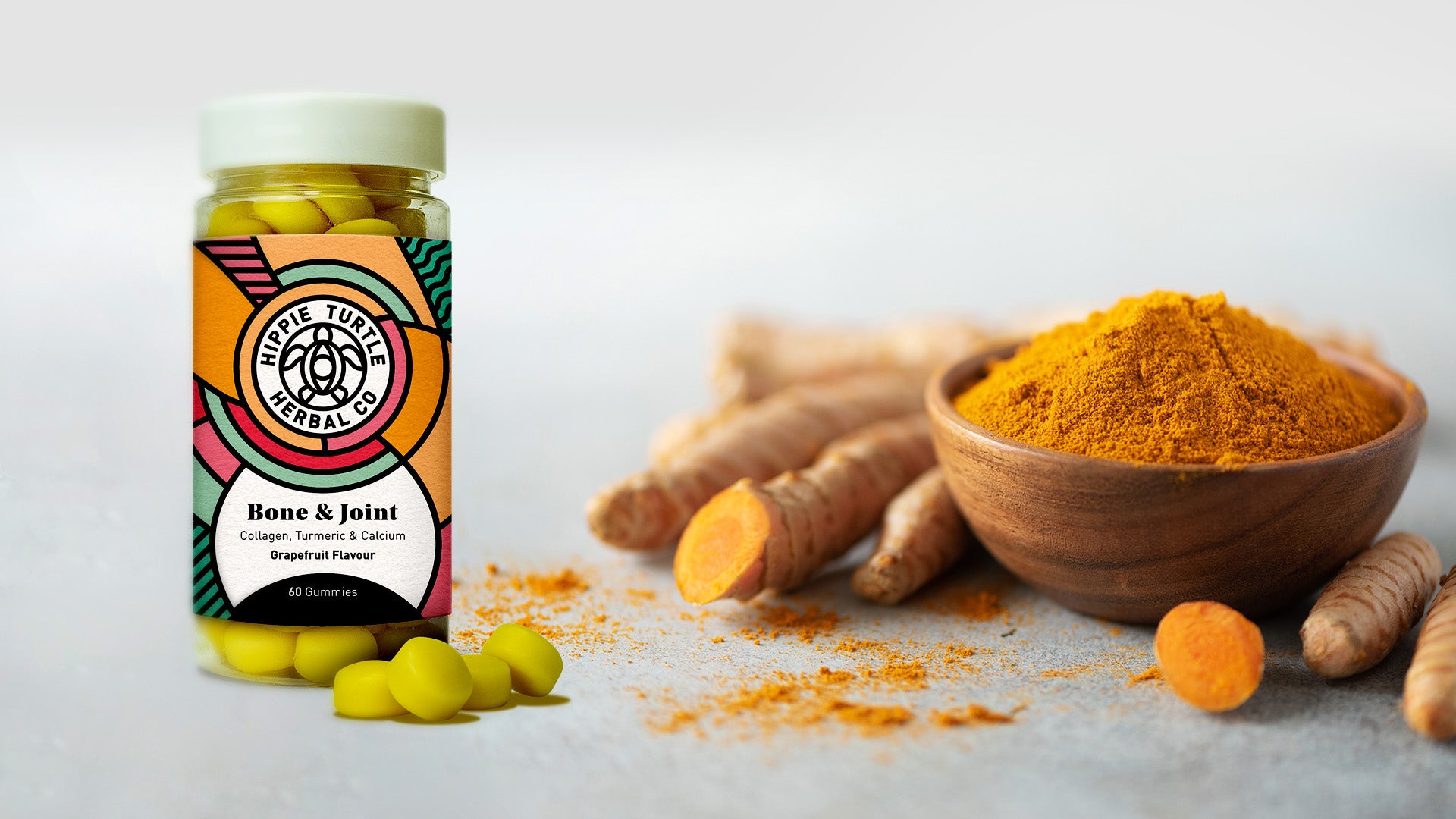

· By Kaya Turner
Talking Turmeric
Talking Turmeric
Turmeric is a spice that belongs to the ginger family. Over centuries it has been cultivated for a multitude of different uses in cooking, dyes, cosmetics and medicine. Although a flowering plant, it is turmeric’s rhizomes (underground stems) that are harvested for consumption; either used fresh or boiled down, dried out and ground up into a fine powder. India produces the majority of the world’s turmeric, and consumes the most too! Characterised by its bright yellow colour, this spice gives curry a distinctive look and flavour. In addition to being a staple in South Asian cooking, turmeric has been used traditionally to dye the robes of monks and as ayurvedic medicine.
One of the active compounds within turmeric is curcumin, which boasts powerful anti-inflammatory properties. The use of turmeric as a traditional medicine can be dated back nearly 4000 years; in which it has been used as a natural remedy for improving digestion, increasing energy levels, and relieving arthritis symptoms. And modern medicine is gradually catching up, as numerous studies indicate the potential health benefits this boldly coloured spice can provide…
What can turmeric help with?
* Joint pain
Because of its curcumin content, turmeric has anti-inflammatory and antioxidant properties that can aid joints and relieve arthritis symptoms. Many people across the globe take turmeric as a supplement to ease their stiff joints and manage pain. There is even evidence to suggest that turmeric is equally as effective as pharmaceutical anti-inflammatories, and the plus side is that it comes with far fewer side effects!
* Heart disease
Anything that fights chronic inflammation is useful in preventing heart disease. Curcumin can reduce inflammation and fatty deposits within the arteries and has been shown to help stabilise blood sugar levels. Due to the promising results of certain studies, some scientists have indeed suggested that turmeric may be useful in reversing the likelihood that a person will get heart disease.
* Digestion
In Ayurvedic medicine, turmeric is considered a digestive healer. This notion has since been supported by the World Health Organization, which recommends it for the treatment of acid reflux and indigestion. Taking it one step further, turmeric is now being explored as a treatment for IBS. In fact, clinical studies in the UK have shown improved IBS symptoms in those who took turmeric tablets.
* Immunity
The potent antioxidants found in turmeric protect the body from oxidative stress, in turn strengthening cells so they are better equipped to fight infection. Only a small dose of the active compound curcumin is needed to enhance our antibody responses. It is believed to serve as an immune modulator, and can potentially regulate the symptoms of certain autoimmune conditions.
* Dementia
Turmeric can be taken to improve cognitive function. Recent research revealed that subjects taking curcumin performed better in memory tests than those who didn’t. Interestingly too, there are fewer cases of Alzheimer's amongst the elderly population in India, where turmeric is a staple in the diet, compared to the west. Other chemical compounds called turmerones are also able to stimulate cells and even make new brain cells! This is very promising in terms of developing treatments for neurodegenerative diseases.
At Hippie Turtle Herbal Co we are always trying out best to expand our knowledge of natural remedies. Our Bone & Joint gummies contain turmeric extract in order to protect the joints by blocking inflammation. Likewise, our Active joint support powder contains curcumin for the same reasons, alongside Bioperine to ensure maximum absorption.
Precautions
* Turmeric supplements are safe for the majority of people. However, if you are taking blood thinning medication people consult a doctor beforehand.
* Those with liver or bile duct problems should not take turmeric supplements.

